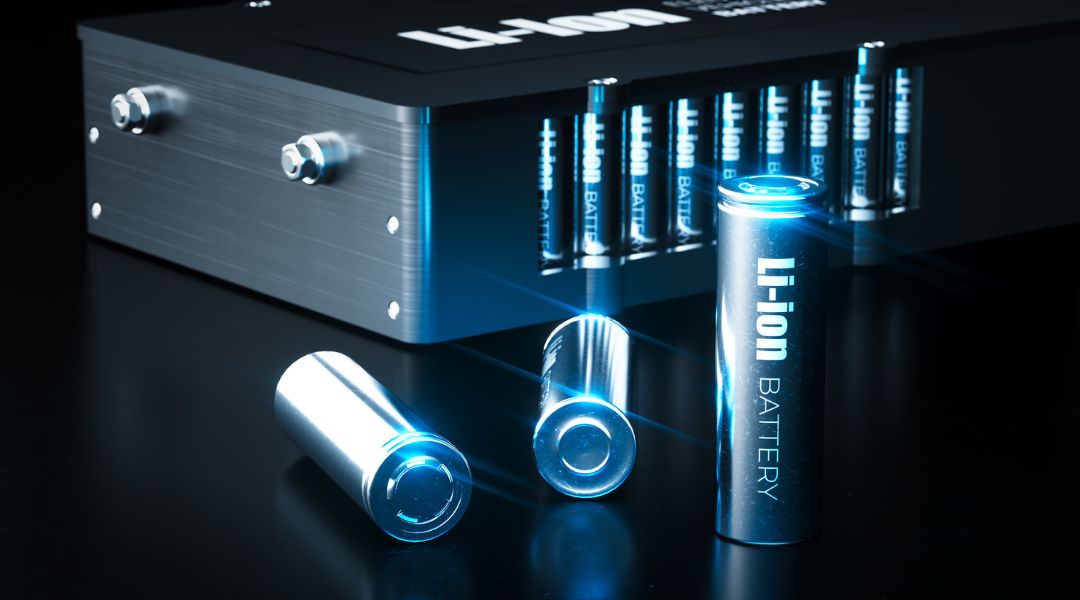Electric vehicles are all the rage, but concerns about the environmental impact of battery production are growing alongside EV sales. A new study suggests that lithium-sulfur batteries could be the key to a greener future for EVs.
Researchers compared five different battery types, including the widely used lithium-ion battery.
The good news?
Lithium-sulfur comes out on top for environmental friendliness . Here’s why:
- Bye-Bye Rare Earths: Unlike some other battery technologies, lithium-sulfur batteries don’t rely on precious metals , making them more sustainable in the long run.
- Packing More Power: These batteries hold the potential for much higher energy density than traditional lithium-ion batteries. This translates to potentially longer driving ranges for EVs.
- Life Cycle Matters: The study looked at the environmental impact of each battery type from cradle to gate , meaning from resource extraction to battery production. Lithium-sulfur excelled in four out of six key environmental impact categories!
However, there’s still a little way to go:
- Tech Tune-Ups Needed: Lithium-sulfur batteries need some technological advancements to reach their full potential. Researchers are working on it!
- Climate Change Catch: Although generally eco-friendly, lithium-sulfur batteries don’t quite outperform lithium-ion batteries when it comes to climate change impact during production.
This research highlights that the future of sustainable EVs lies in battery development. While lithium-ion batteries might still reign supreme for now, lithium-sulfur batteries show great promise for a cleaner EV future. So, stay tuned as battery technology keeps evolving!


